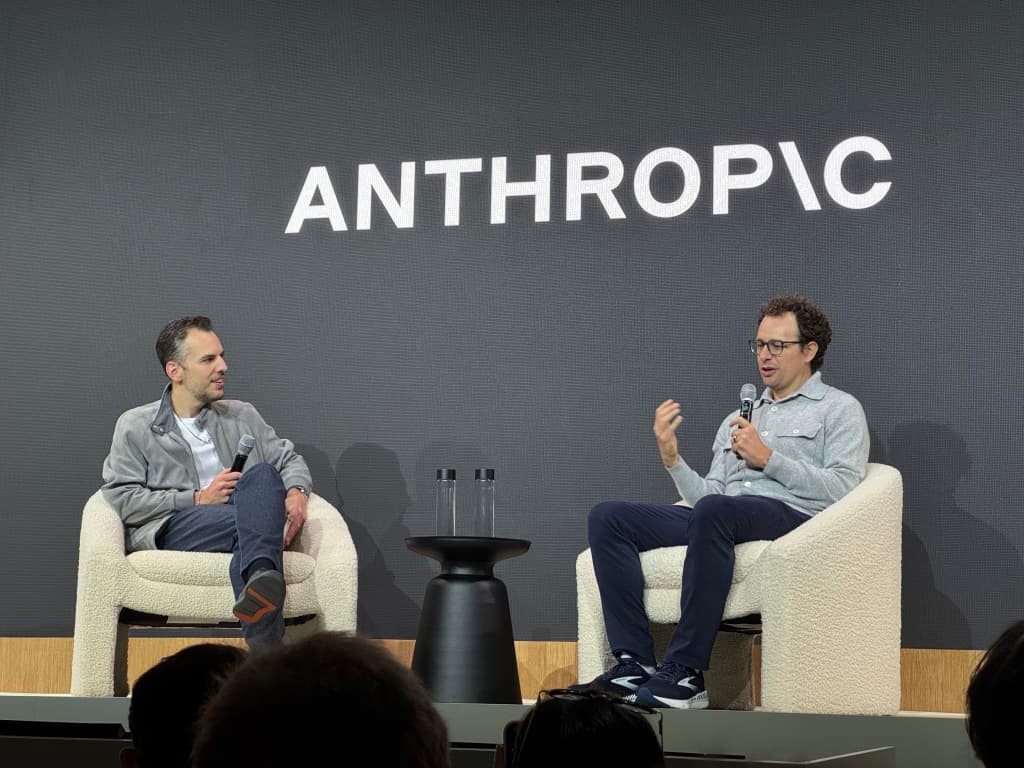We're loading the full news article for you. This includes the article content, images, author information, and related articles.
The new model from the Amazon- and Google-backed firm surpasses rivals in key coding benchmarks, presenting fresh opportunities and competitive challenges for Kenya's rapidly growing technology sector.

NAIROBI, KENYA – Tuesday, 25 November 2025, 5:40 AM EAT – US-based artificial intelligence company Anthropic has launched Claude Opus 4.5, its latest flagship model, in a significant move that escalates the fierce global competition with rivals OpenAI and Google. The new model demonstrates superior performance in complex software engineering tasks and introduces key efficiency gains, which could have substantial implications for Kenya's technology ecosystem, from startups in Nairobi's 'Silicon Savannah' to established enterprises leveraging AI.
Anthropic announced the release of Opus 4.5 on Monday, 24 November 2025, positioning it as the "best model in the world for coding, agents, and computer use." This claim is substantiated by its performance on the SWE-Bench Verified, a respected benchmark that evaluates an AI's ability to solve real-world software engineering problems. Opus 4.5 achieved an accuracy score of 80.9%, becoming the first model to surpass the 80% threshold. This score narrowly edges out OpenAI's recently released GPT-5.1-Codex-Max, which scored 77.9%, and Google’s Gemini 3 Pro, which registered 76.2%.
Beyond coding, Anthropic reports that Opus 4.5 shows marked improvements in vision, reasoning, and mathematics. However, it still appears to lag behind competitors in some areas of visual reasoning, as measured by the Multimodal Multi-task Benchmark (MMMU). The company also highlighted the model's enhanced security, stating it is substantially more robust against prompt injection attacks—a common vulnerability in AI systems—than previous versions and competing models.
One of the most significant updates for developers and businesses is a drastic reduction in cost. Anthropic has cut the API pricing for Opus 4.5 by two-thirds, to $5 per million input tokens and $25 per million output tokens, down from the previous $15 and $75 respectively. This price drop makes the company's most powerful model more accessible for wider application and experimentation.
For end-users, Anthropic has addressed a long-standing frustration with its Claude chatbot. Previously, conversations would abruptly end upon reaching a context limit. The new system implements "context compaction," where the model intelligently summarizes the earlier parts of a long conversation to preserve key details while discarding extraneous information, allowing for effectively endless interactions. This feature, available to developers through context management tools, is designed to create more coherent and long-running AI agents.
The launch of a more powerful and affordable AI model like Opus 4.5 presents a significant opportunity for Kenya's burgeoning tech landscape. The nation's tech community is already actively integrating large language models (LLMs) to build hyper-personalized customer service chatbots that understand local languages like Swahili and Sheng, generate marketing content, and accelerate software development. A more capable coding model could further democratize software creation and empower local developers to build more sophisticated solutions for regional challenges in fintech, agritech, and healthcare.
This development aligns with the ambitions laid out in Kenya's National Artificial Intelligence Strategy (2025–2030), which was launched in early 2025 to foster an ethical and innovation-driven AI ecosystem. The strategy prioritizes AI adoption in key sectors and aims to build the necessary digital infrastructure and skills base. Recent government initiatives, including President William Ruto's call for universities to integrate AI into their curriculum and the launch of the Kenya AI Skilling Alliance (KAISA) in partnership with Microsoft, underscore the national commitment to harnessing AI.
However, the rapid advancement of AI also brings challenges. While creating opportunities, it raises concerns about the future of work, particularly in sectors like data annotation and content moderation, where Kenya has become a major global hub. The increasing capability of AI models could automate tasks currently performed by a significant portion of the digital gig workforce. Furthermore, ensuring that these powerful tools are used responsibly and without perpetuating existing biases remains a critical challenge that Kenya's new AI strategy aims to address.
As global tech giants like Anthropic, Google, and OpenAI continue to push the boundaries of artificial intelligence, the onus falls on Kenyan innovators, policymakers, and educators to strategically leverage these advancements. The availability of more powerful, cost-effective AI tools could accelerate Kenya's digital transformation, but it also necessitates a proactive approach to skills development, ethical governance, and navigating the socio-economic shifts that will inevitably follow.
Keep the conversation in one place—threads here stay linked to the story and in the forums.
Sign in to start a discussion
Start a conversation about this story and keep it linked here.
Other hot threads
E-sports and Gaming Community in Kenya
Active 9 months ago
The Role of Technology in Modern Agriculture (AgriTech)
Active 9 months ago
Popular Recreational Activities Across Counties
Active 9 months ago
Investing in Youth Sports Development Programs
Active 9 months ago